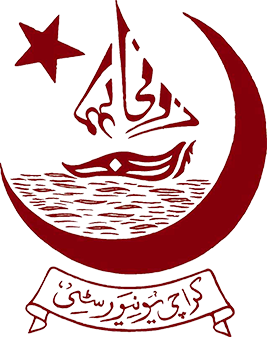Abstract
For the last two decades microfinance has become a strategy to poverty reduction by giving loans to poor people especially women. It is widespread around the world from Bangladesh, India to Bolivia and Mexico. An important feature of microfinance is that 85 per cent of its clients are females and it is considered an important tool for women empowerment. This research focuses on evaluation of the effectiveness of selected microfinance program in terms of quality of service, impact on poverty and women empowerment. Objectives of this study are to explore the reasons why microfinance is a choice of government and development planners even though evidence shows mixed results about its impacts and gender based impact assessment of microfinance programs selected from urban areas of Pakistan. In this regard, semi-structured interviews and case studies will be undertaken with selected microfinance institutions and case studies from beneficiaries will be conducted for impact assessment. Output of the proposed research includes suggestions for future policy.



